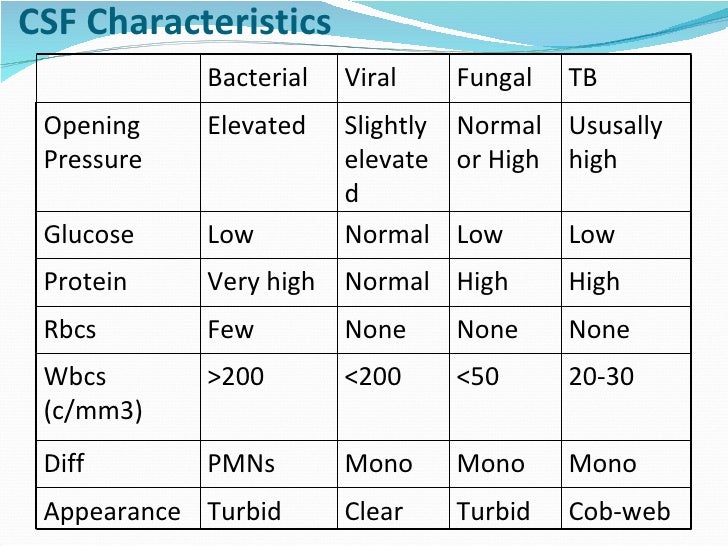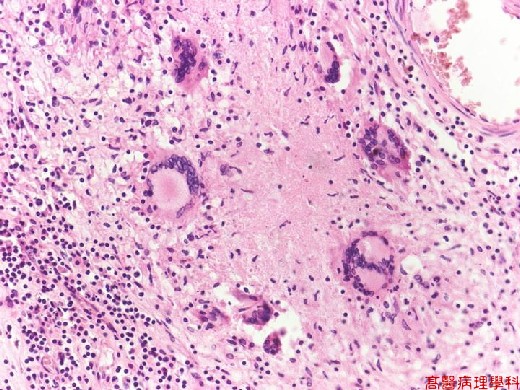

Clean and disinfect frequently touched surfaces.Avoid close contact, such as touching and shaking hands, with people who are sick.Wash your hands often with soap and water for at least 20 seconds, especially after changing diapers or using the toilet.The best way to help protect yourself and others from non-polio enterovirus infections is to There are no vaccines available in the United States to protect against non-polio enteroviruses, which are the most common cause of viral meningitis.

People who develop severe illness, or are at risk for developing severe illness, may need care in a hospital. However, antibiotics do fight bacteria, so they are very important when treating bacterial meningitis. Antiviral medicine may help people with meningitis caused by viruses such as herpesvirus and influenza.Īntibiotics do not help viral infections, so they are not useful in the treatment of viral meningitis. Most people who get mild viral meningitis usually recover completely in 7 to 10 days without treatment. In most cases, there is no specific treatment for viral meningitis.
Drawing fluid from around your spinal cord. If a doctor suspects meningitis, he or she may collect samples for testing by Diagnosisĭoctors diagnose meningitis by ordering specific lab tests on specimens from a person suspected of having meningitis. A doctor can determine if you have the disease, what is causing it, and the best treatment. See a doctor right away if you think you or your child might have meningitis. Without timely treatment, sepsis can quickly lead to tissue damage, organ failure, and death. Sepsis is the body’s extreme response to infection. The pathogens (germs) that cause bacterial meningitis can also be associated with another serious illness, sepsis. However, bacterial meningitis is usually severe and can cause serious complications, such as brain damage, hearing loss, or learning disabilities. Initial symptoms of viral meningitis are similar to those for bacterial meningitis. Most people with mild viral meningitis usually get better on their own within 7 to 10 days. Photophobia (eyes being more sensitive to light). Sleepiness or trouble waking up from sleep. Herpesviruses, including Epstein-Barr virus, herpes simplex viruses, and varicella-zoster virus. Learn more about how the following viruses spread by visiting CDC’s websites: Viruses that can cause meningitis spread in different ways. Only a small number of people who get infected with the viruses that cause meningitis will develop viral meningitis. However, these close contacts are not likely to develop meningitis. How It SpreadsĬlose contacts of someone with viral meningitis can become infected with the virus that made that person sick. People with weakened immune systems caused by diseases, medications (such as chemotherapy), and recent organ or bone marrow transplantationsīabies younger than 1 month old and people with weakened immune systems are also more likely to have severe illness. However, some people have a higher risk of getting the disease, including: People of any age can get viral meningitis. Herpesviruses, including Epstein-Barr virus, herpes simplex viruses, and varicella-zoster virus (which causes chickenpox and shingles). 
Other viruses that can cause meningitis are Only a small number of people infected with enteroviruses will develop meningitis. Non-polio enteroviruses are the most common cause of viral meningitis in the United States. Babies younger than 1 month old and people with weakened immune systems are more likely to have severe illness from viral meningitis. Only a doctor can determine if someone has meningitis, what is causing it, and the best treatment. However, anyone with symptoms of meningitis should see a doctor right away because any type of meningitis can be serious. Most people get better on their own without treatment. Viral meningitis (when meningitis is caused by a virus) is the most common type of meningitis.







 0 kommentar(er)
0 kommentar(er)
